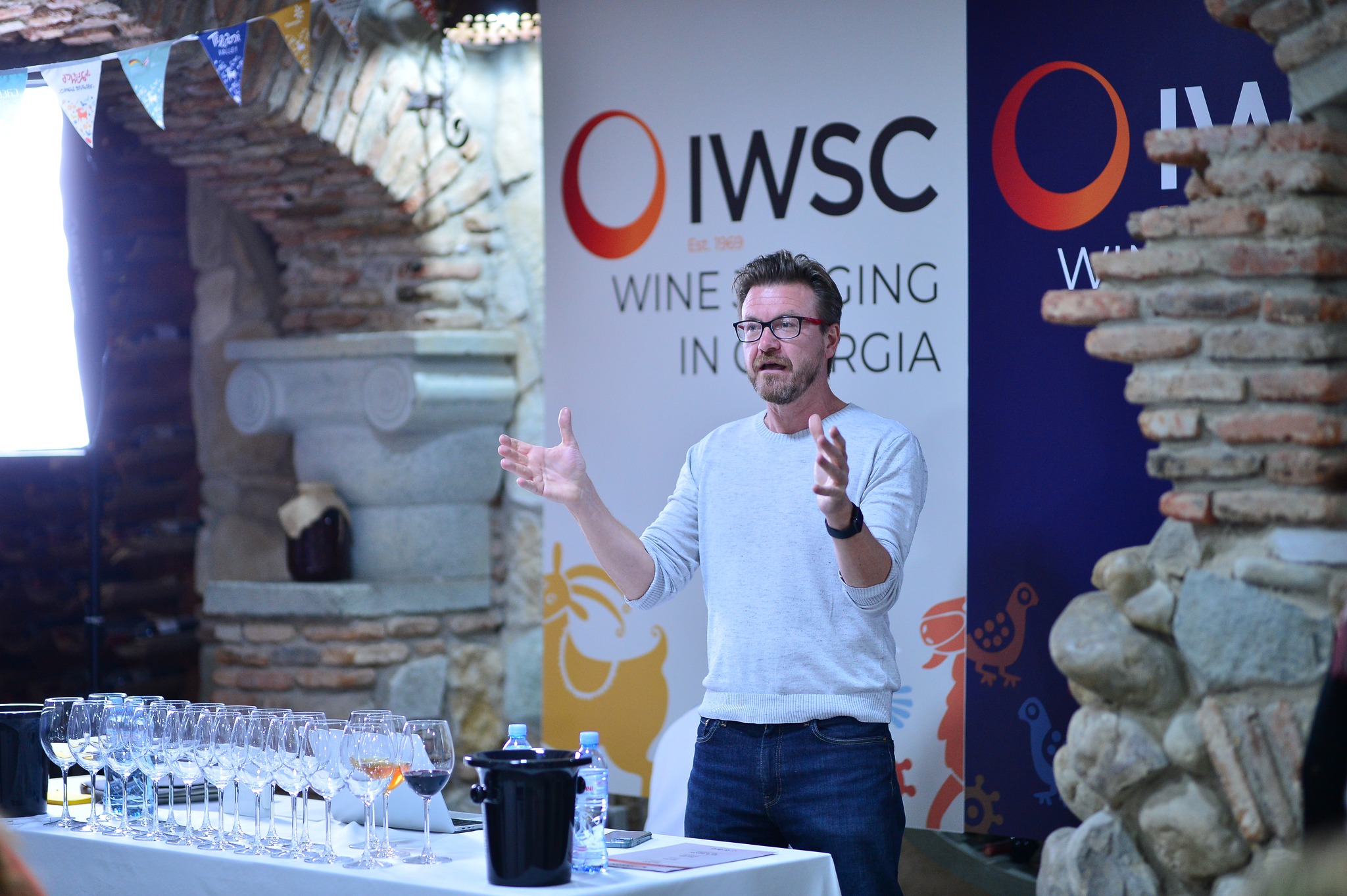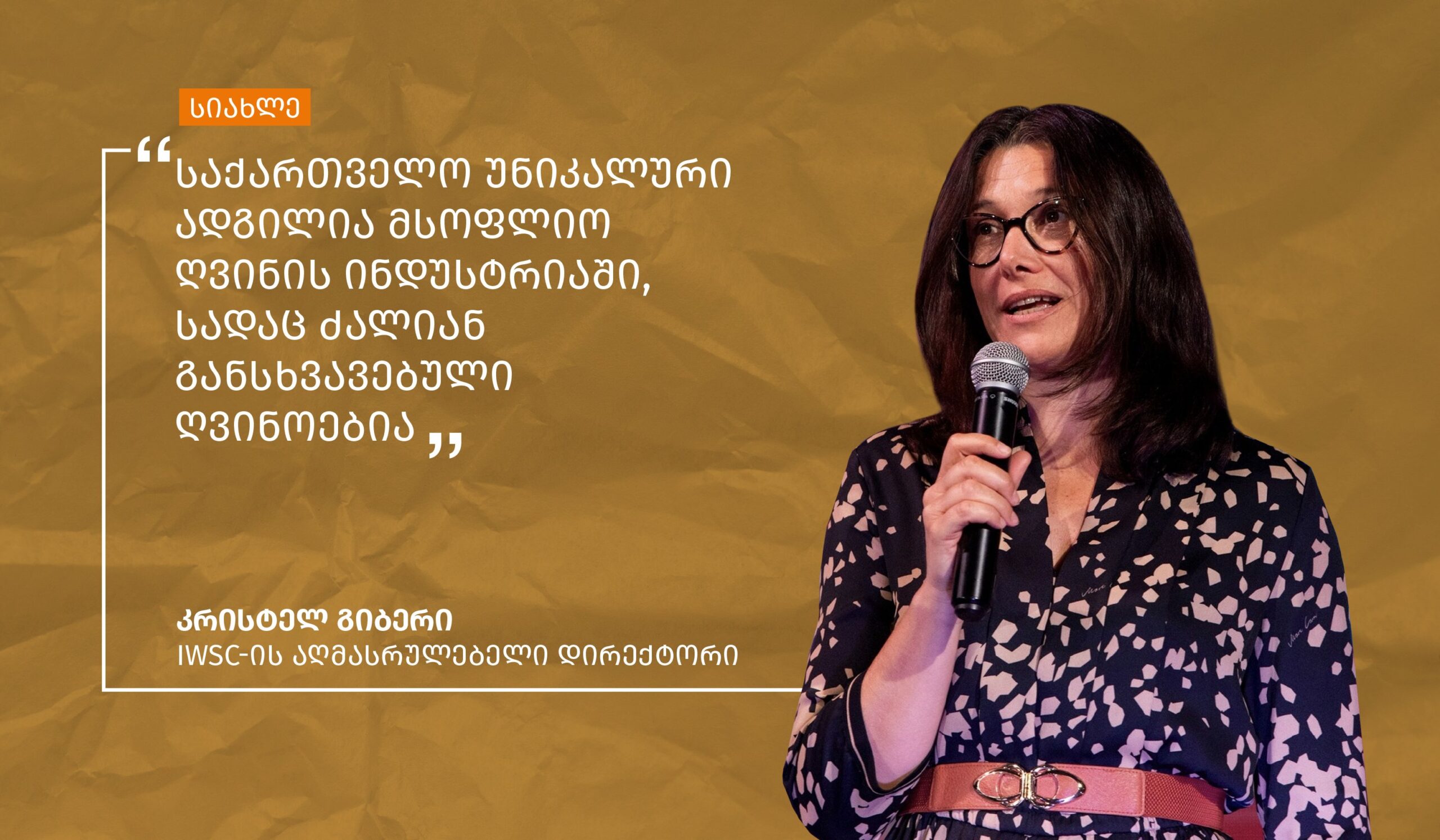David, having transitioned from mainstream journalism to wine writing, how has your media background influenced your unique approach to wine journalism and communication?
I spent the first two decades of my career in the cut and thrust of a busy newsroom, before heading into wine and undertaking my WSET Diploma, so that background helps in all sorts of ways, from speed (TV and radio journalists work to daily news broadcast deadlines), to an understanding of what makes a good story and the importance of a connection of some kind with a wine. Above all, the end user, the consumer, must always be front of mind: we cannot just talk to ourselves – because we are interested already! – we must share our passion in a way that’s inclusive, to reach out to others, which means avoiding making assumptions and being careful to keep the language relatable. As an example, it you’re sure it is really relevant, then it’s ok to mention ‘malolactic fermentation, but only if you explain what it is, in basic terms, and why it is relevant or important in relation to a particular wine. The consumer always comes first.
As a judge for the IWSC Wine Judging in Georgia, what distinct qualities are you anticipating from Georgian wines, and where do you see them positioned in the global wine narrative?
Everyone loves a story and Georgia is rich in those stories, as the cradle of wine civilisation. Georgia’s traditions are rich and fascinating, but the wines are also innovative and different, both of which are vital hooks for a modern consumer. The wines are also enmeshed in a beguiling food culture that begs to be shared with the world.
As you delve deeper into the world of wine, have there been any particular techniques or innovations in wine production that have caught your eye or that you believe are game-changers for the industry?
The wine world is amazing and it is constantly innovating to improve. I think the revolution in rosé production in Provence is compelling with its focus on harvest conditions, temperature control and techniques such as stabulation, for example.
So, technology can also be applied brilliantly to heritage methods and techniques which is what I anticipate will be the case in Georgia.
Georgia boasts a rich 8,000-year wine-producing history. As someone who has extensively studied wine and spirits, how do you perceive the significance of Georgian wines within the global wine narrative?
Georgia wine dates back to the earliest ever wines and it’s techniques are historic, so there’s a rich tradition to embrace but Georgia also has indigenous grape varieties that are absolutely on trend with the fashion for lighter, brighter wines, which is exciting.
You’ve had the privilege to taste wines from across the world. In your opinion, how do Georgian wines, with their traditional ‘qvevri’ winemaking methods, stand apart from contemporary wine-producing techniques?
Qvevri wines are so distinctive and yet there are often misunderstood, with consumers associating qvevri wines with orange wines, assuming them to be somewhat challenging and tannic. The reality is, of course, that qvevri wines can offer a wide range of different, throughly modern, styles whilst embracing traditional culture.
As a consultant for several wine producers, do you see potential collaboration or learning opportunities between Georgian winemakers and other wine regions globally?
Yes, absolutely. Though the wine market in the UK is a crowded one, Georgian wines stand apart for their heritage and also their suitability for a curious, modern consumer. It’s anll a bout telling the story and getting the wines before buyers – and medals are pivotal to that. Every portfolio should offer a carefully curated selection of Georgian wines.
Lastly, as you prepare to be a judge at the IWSC in Georgia, what advice or insights would you offer Georgian winemakers who are eager to make their mark on the international stage?
I would say learn what works for international consumers, travel to make wine, then be proud of your culture and think about how to elevate Georgia’s traditions and grape varieties whilst celebrating the story of Georgia’s food and wine culture. And always, always work together as you’ll achieve so much more.


